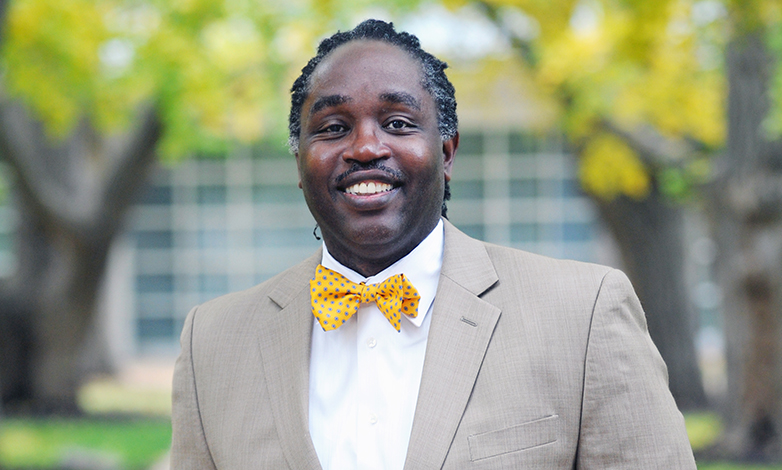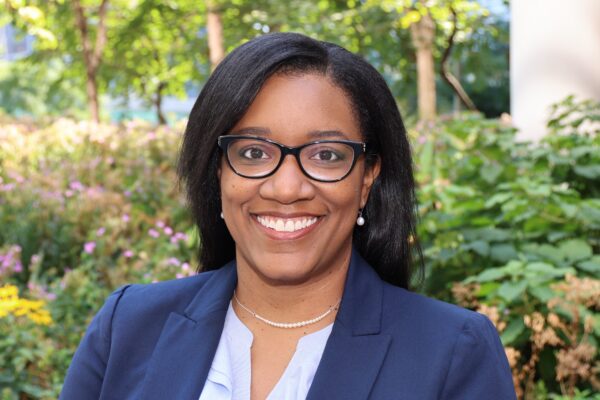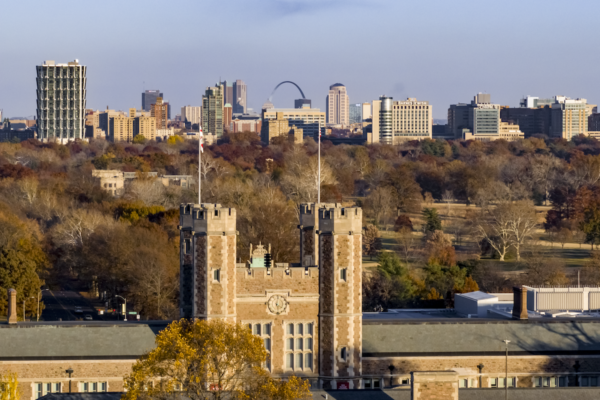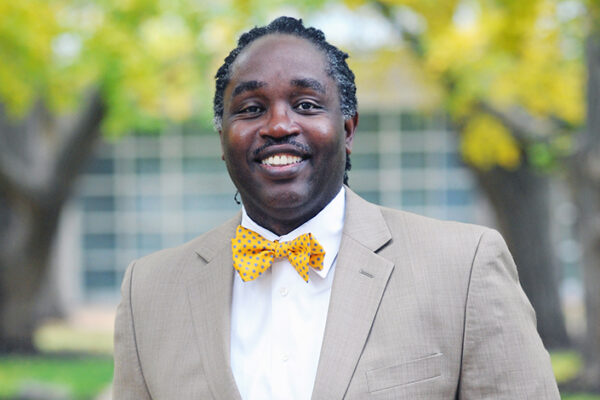Washington University in St. Louis will receive funding for a collaborative community project focused on improving economic mobility for Black youth in the St. Louis area.

The university is one of four schools that will share $2.6 million in funding from the William T. Grant Foundation, Spencer Foundation, Doris Duke Foundation and Bezos Family Foundation. WashU’s share of the Institutional Challenge grant is $650,000 over three years.
Mary McKay, vice provost of interdisciplinary initiatives, and Sean Joe, the Benjamin E. Youngdahl Professor of Social Development, won the grant for their collaborative project “Advancing the Social and Economic Mobility of Black Male Youth and Young Men,” a partnership with the Boys and Girls Club of St. Louis, the Greater St. Louis Foundation and the Fathers and Families Support Center, to support the employment and economic mobility of Black male youth ages 14–25.
The research-practice partnership emerged from HomeGrown StL, a consortium of 120 municipal and community organizations organized by Joe as a response to the killing of Michael Brown in Ferguson in 2014.

“My collaboration with Sean and our partners is a model for what we want to do as an institution, which is to create these vibrant, deep networks of partners that are in this with us in terms of our research and teaching,” McKay said. “We’re excited to make this network a rich resource for other faculty doing related work around young people, their families and the adults who raise them.”
This work is directly tied to the community pillar of the university’s 10-year strategic plan, “Here and Next,” and is the first grant to carry forward the work of the St. Louis Confluence Collaborative for Community-Engaged Research, Teaching and Practice, McKay said.

All Institutional Challenge Grant recipients are eligible to apply for continuation funding of $350,000 to further their success in strengthening partners’ capacities to use research in their practice; enhancing institutional infrastructure to reward community-engaged research; and conducting rigorous research on reducing inequalities in youth outcomes.
The other winners of this year’s Institutional Challenge grant are the University of Delaware, the University of Tennessee-Knoxville and Santa Clara University.


